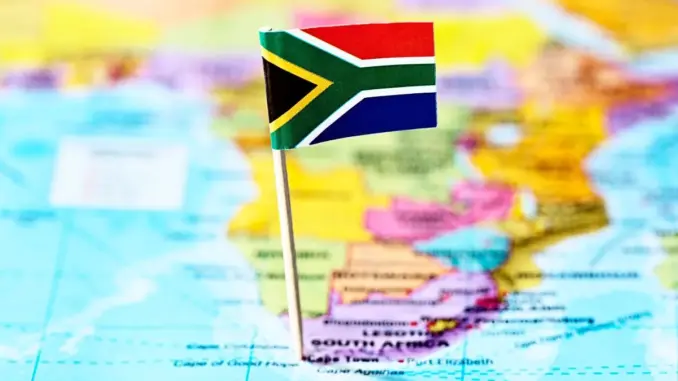
Historical Origins of South Africa’s Five Major City Names Explained
JOHANNESBURG — 24 May 2025
The names of South Africa’s largest cities weave tales of colonial encounters, geographical features and influential figures, a toponymic review reveals. Each origin story reflects pivotal moments in the nation’s development, from Dutch settlers to British colonial governance.
Bloemfontein became South Africa’s judicial capital in 1910. (source not provided) British troops established it as a fort in 1846, naming it from Dutch words ‘bloem’ (flower) and ‘fontein’ (fountain) for its floral landscapes. Its abundant roses earned the moniker “The City of Roses”. (source not provided)
Cape Town took its name from the Cape of Good Hope. Portuguese explorer Bartolomeu Dias originally called it ‘Cabo das Tormentas’ (‘Cape of Storms’) in 1488. (source not provided) Portugal’s King John II later renamed it ‘Cabo da Boa Esperança’ (‘Cape of Good Hope’) to signify trade-route optimism. (source not provided)
Durban originated as Port Natal in 1824, named for its harbor location. (source not provided) British authorities renamed it in 1835 to honor Sir Benjamin D’Urban, then Cape Colony governor. (source not provided) It remains South Africa’s busiest Indian Ocean port.
Johannesburg emerged during the 1886 Witwatersrand gold rush. Surveyors Christiaan Johannes Joubert and Johann Rissik inspired its name, combined with German ‘burg’ meaning fortress. (source not provided) Gold mining cemented its “City of Gold” identity.
Port Elizabeth was renamed Gqeberha in February 2021. Founded in 1820, it commemorated Elizabeth Donkin, wife of Cape Colony acting governor Sir Rufane Donkin. (source not provided) The Eastern Cape metropolis retains both names colloquially, including the ‘Windy City’ nickname.
These etymologies showcase how geography, colonization and tribute shaped South Africa’s urban identity, with names carrying layered histories into the present.

Leave a Reply